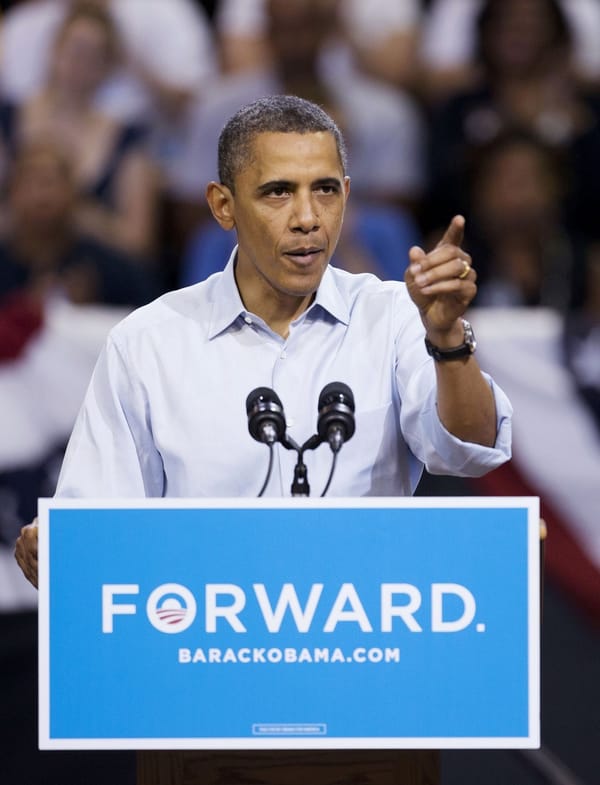Student debt fears?
Try being a candidate in a national election!

Normally running is a cheap affair; running for the bus only costs several seconds of embarrassment and the occasional penalty of abject failure when the driver leaves you behind in the cold. The cost of running for a sabbatical role in the IC Union? For most merely the embarrassment of selling your dignity to secure a victory, begging for scraps of votes from people you have suddenly decided to pay attention to after blanking them on campus for the last few years. Of course there is always a small amount of spending on advertising but you are restrained from breaking the bank, well as long as you can spell your name correctly.
However, all of this to running for an important political office, say for instance President of the United States. Now that is what those in the industry call “crazy money”. Well, comparatively. It’s true that when campaigning for votes for a national election to become the holder of the highest office in the land one must spend a certain amount of money spreading awareness of your quest and publicising your political views, otherwise people wouldn’t know who to vote for and you would be the last choice of everybody in the playground.
One key part of electioneering involves airing a large number of negative campaign advertisements on local television networks, something the pro-Romney Political Action Committee (PAC) “Restore Our Future” can certainly attest to, having spent $35 million on attacking fellow Republicans Gingrich and Santorum. However, campaign finances aren’t always the easiest things to manage. It seems some presidential candidates make more promises than they can fulfil, especially Newt Gingrich.
When Gingrich pulled out of the presidential race on May 2nd, he did so having incurred a debt of $1.3 million in the month of April alone. Although some of this was paid back his total debt currently stands at $4.7 million, including a bill of $12,000 owed to Twitter and $16,000 to a political company run by former presidential rival Herman Cain.
However bad Gingrich might seem it could be worse. After running in the 1984 presidential elections Senator John Glenn owed $3 million, however it took him until 2007 to finally pay it all back. Some former candidates have been unable to pay their debts back, instead writing off their debt, which is not a popular move with the small businesses that supported them. But then who cares abot small businesses? Certainly not the powerbrokers in the Beltway.









